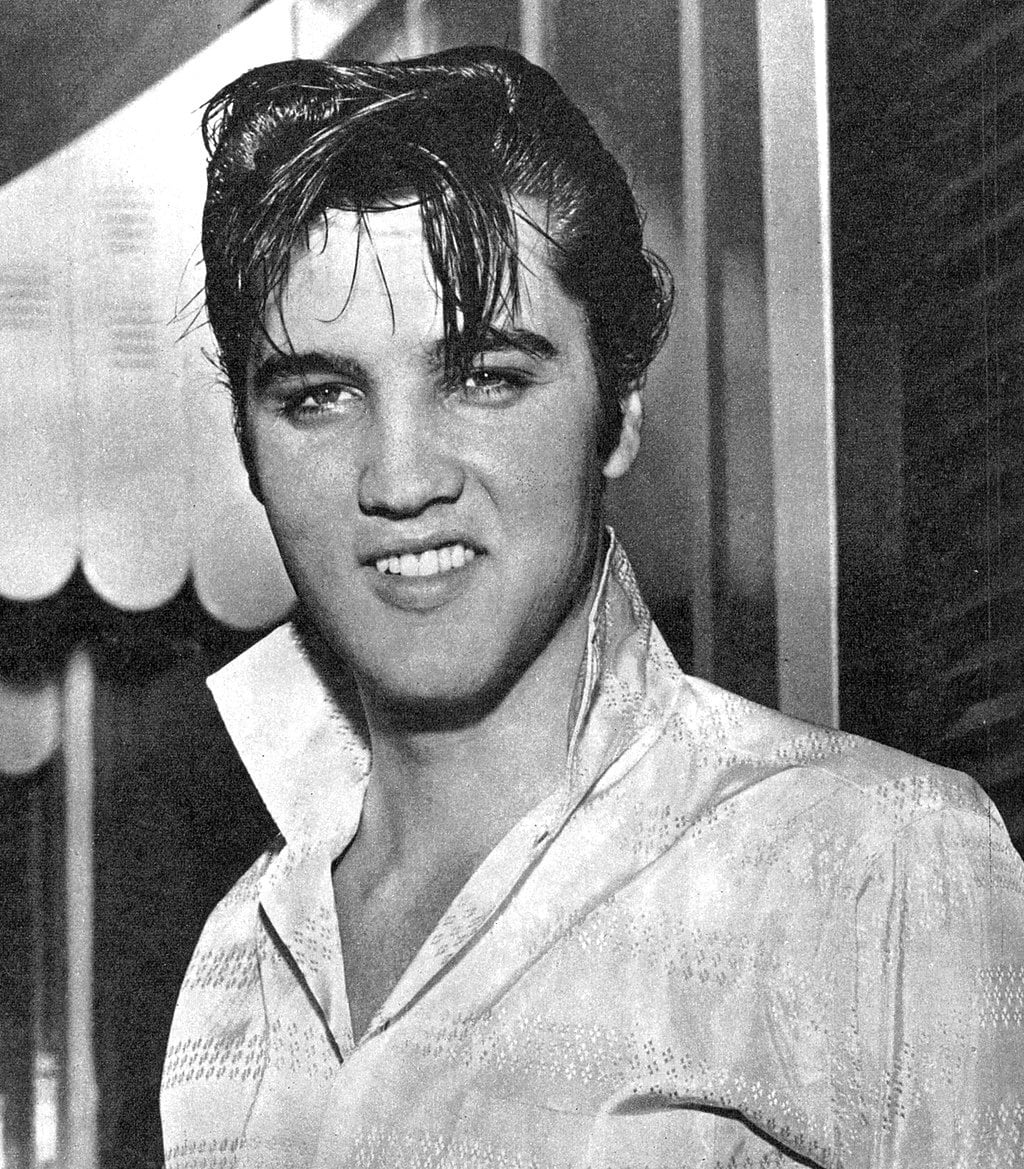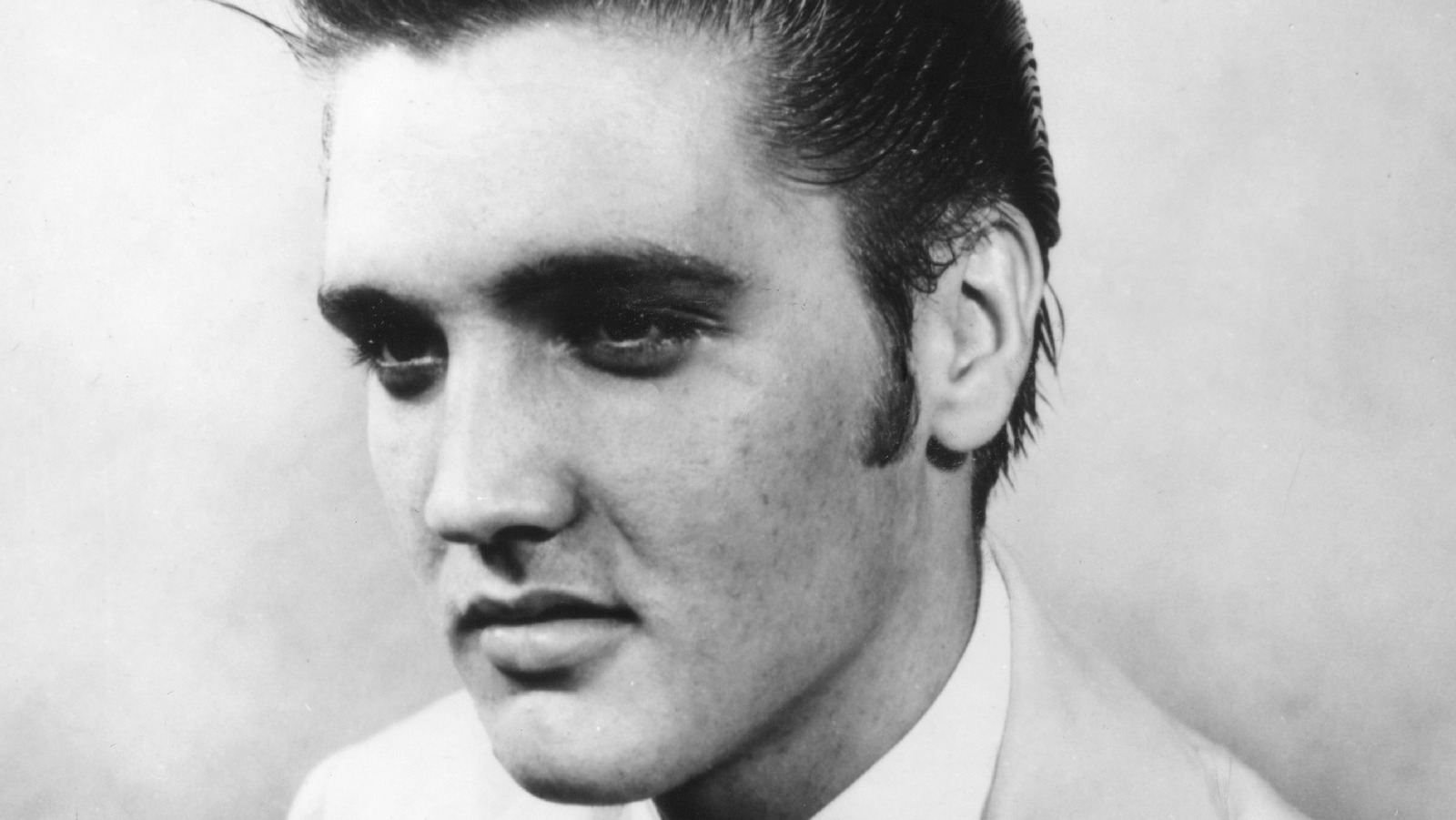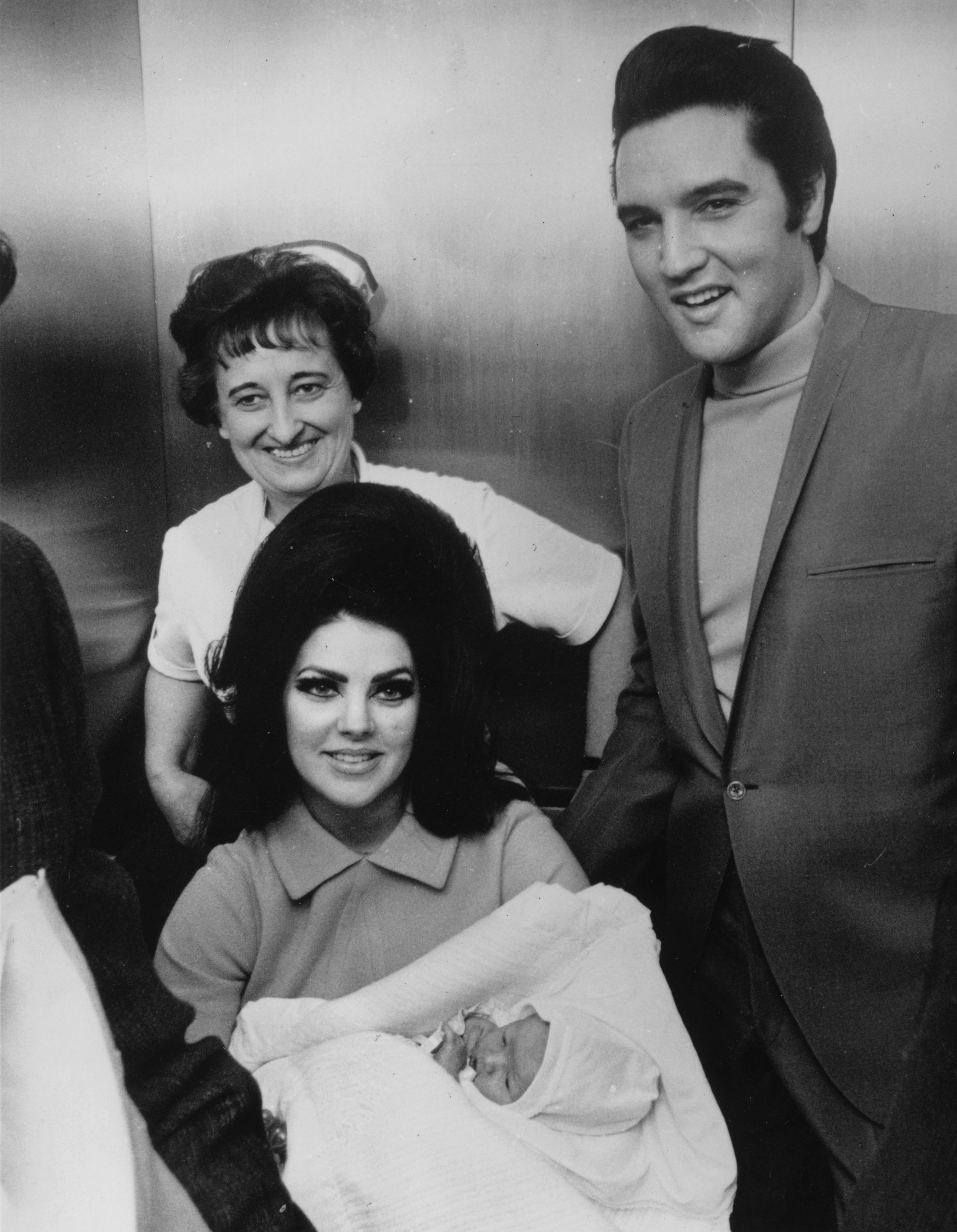Elvis Presley, affectionately known as the King of Rock and Roll, is a cultural icon whose influence continues to resonate across generations. Born on January 8, 1935, in Tupelo, Mississippi, his music and magnetic charisma revolutionized the landscape of popular music. The world mourned his untimely passing on August 16, 1977, in Memphis, Tennessee. This article delves into the life, legacy, and pivotal moments surrounding the birth and death of Elvis Presley, celebrating his enduring impact.
As we explore the extraordinary life of Elvis, we will uncover his humble beginnings, meteoric rise to fame, and his monumental contributions to music and culture. The King’s innovative style and trailblazing performances paved the way for countless artists, cementing his status as a timeless figure in the entertainment industry. Although his tragic death at the age of 42 left an irreplaceable void in the music world, his legacy continues to thrive and inspire.
Join us on this journey as we examine the defining moments of Elvis Presley’s life, the circumstances surrounding his death, and his profound influence on music and pop culture. Through insights supported by research and statistics, we will uncover why Elvis remains a beloved and revered figure to this day.
Read also:Exploring The Phenomenon Of Diva Flawless A Journey Into Her World
Table of Contents
- 1. The Birth of Elvis Presley
- 2. Elvis’s Childhood and Early Influences
- 3. The Rise to Fame
- 4. A Lasting Musical Legacy
- 5. The Passing of a Legend
- 6. The Final Years
- 7. Cultural and Artistic Impact
- 8. Conclusion: Remembering the King
1. The Birth of Elvis Presley
Elvis Aaron Presley was born on January 8, 1935, in a modest two-room house built by his father in Tupelo, Mississippi. He was the second child of Gladys and Vernon Presley, though his twin brother, Jesse Garon, was stillborn. Growing up in a financially struggling family, Elvis’s early years were marked by hardship and poverty, which profoundly influenced his music and performances later in life.
1.1 Family Background
Elvis’s family played an instrumental role in nurturing his musical interests. His mother, Gladys, was particularly influential, often singing gospel songs around the house. This early exposure to music laid the foundation for his unique sound, which would eventually blend country, blues, and gospel into a revolutionary style.
1.2 Early Musical Influences
- Gospel Music: Regular attendance at church services introduced Elvis to the powerful and emotive world of gospel music.
- Country Music: Influenced by the country artists who were popular in his hometown, Elvis absorbed their storytelling and melodic styles.
- Rhythm and Blues: Local radio stations exposed him to rhythm and blues, shaping his appreciation for the genre and its dynamic energy.
2. Elvis’s Childhood and Early Influences
Elvis’s childhood was defined by a deep passion for music and performance. From a young age, he began singing, participating in school events and local competitions. Despite the challenges posed by his family’s financial struggles, which often required them to relocate, these experiences allowed him to encounter a diverse range of musical influences.
2.1 Schooling and Early Performances
Despite the difficulties of his upbringing, Elvis demonstrated remarkable musical talent from an early age. He was a shy child who found comfort and confidence in performing. His first public performance occurred during a school talent show, where he sang “Old Shep.” This pivotal moment marked the beginning of his journey into the world of entertainment.
2.2 The Move to Memphis
In 1948, the Presley family relocated to Memphis, Tennessee, a decision that would prove transformative for Elvis. The vibrant and eclectic music scene in Memphis exposed him to a variety of genres and artists, igniting his ambition to become a professional performer and shaping the eclectic style that would define his career.
3. The Rise to Fame
Elvis’s ascent to fame began in the mid-1950s when he signed with Sun Records and started recording his first tracks. His innovative fusion of musical styles captivated audiences and played a pivotal role in popularizing rock and roll as a global phenomenon.
Read also:Exploring The Impactful Life Of Gregory Soros
3.1 Breakthrough with “Heartbreak Hotel”
In 1956, Elvis released “Heartbreak Hotel,” a song that instantly catapulted him to national stardom. The track reached the top of the charts, marking the beginning of his reign as a musical icon and cultural sensation.
3.2 Iconic Performances
- Television Appearances: Elvis’s electrifying performances on shows like The Ed Sullivan Show introduced him to millions of viewers and cemented his status as a household name.
- Live Concerts: His live shows were nothing short of spectacular, drawing massive crowds and creating a frenzy among fans who were captivated by his dynamic stage presence.
- Film Roles: His ventures into acting expanded his reach, allowing him to captivate audiences on the big screen and further solidify his celebrity status.
4. A Lasting Musical Legacy
Elvis Presley’s musical legacy is nothing short of extraordinary. He not only popularized rock and roll but also inspired countless artists across various genres with his innovative style, charismatic stage presence, and unparalleled vocal ability.
4.1 Record Sales and Achievements
Throughout his career, Elvis achieved monumental success, selling over 600 million records worldwide and earning him the title of one of the best-selling solo artists in music history. His accolades include:
- 3 Grammy Awards
- 17 #1 Hits on the Billboard Hot 100
- Induction into the prestigious Rock and Roll Hall of Fame
4.2 Influence on Future Artists
Elvis’s impact on music is evident in the work of numerous artists who have cited him as a major influence, including:
- Buddy Holly
- The Beatles
- Bob Dylan
- Michael Jackson
5. The Passing of a Legend
On August 16, 1977, Elvis Presley tragically passed away at the age of 42. His sudden death sent shockwaves around the world, marking the end of an era in music history. The cause of death was attributed to a heart attack, likely exacerbated by his struggles with prescription drug addiction.
5.1 Circumstances Surrounding His Death
On the fateful day of his passing, Elvis was found unconscious in his Graceland home. Despite frantic efforts to revive him, he was pronounced dead at the hospital. His funeral was attended by thousands of grieving fans and fellow celebrities, underscoring his immense popularity and the profound impact he had on music and culture.
5.2 Public Reaction
The news of Elvis’s death reverberated globally, leaving fans in a state of disbelief and mourning. Tributes poured in from all corners of the world, highlighting the enduring legacy of a man who had transcended the boundaries of music and entertainment.
6. The Final Years
In the years leading up to his death, Elvis faced numerous challenges, including declining health and a battle with substance abuse. Despite these obstacles, he continued to perform and record music, maintaining a devoted fan base and leaving behind a body of work that continues to inspire.
6.1 Health Struggles
Elvis’s health deteriorated significantly due to his lifestyle choices. He battled various ailments, including obesity and heart problems, which ultimately contributed to his untimely demise.
6.2 Last Concerts
Elvis continued to perform live concerts until shortly before his death. His final performance took place on June 26, 1977, at the Market Square Arena in Indianapolis, Indiana. Fans recall this concert with deep emotion, as many sensed it might be one of his last appearances on stage.
7. Cultural and Artistic Impact
Elvis Presley’s cultural impact is undeniable, as he is often credited with bridging racial divides in music and playing a pivotal role in the popularization of rock and roll. His music and style have inspired generations and continue to resonate with fans worldwide.
7.1 Influence on Fashion and Style
Elvis’s fashion choices, including his iconic jumpsuits and distinctive hairstyles, left an indelible mark on popular culture. He became a trendsetter, influencing not only musicians but also fashion designers and pop culture enthusiasts.
7.2 Legacy in Music and Film
Numerous films, documentaries, and books have been dedicated to exploring Elvis’s life and career, reflecting his enduring legacy. The annual Elvis Week celebration in Memphis draws thousands of fans from around the globe, ensuring that his memory and contributions to music and culture are honored for generations to come.
8. Conclusion: Remembering the King
Elvis Presley was born on January 8, 1935, and passed away on August 16, 1977, but his legacy endures as a testament to the transformative power of music. He remains an enduring symbol of rock and roll and a reminder of the profound impact one individual can have on the world. We invite you to share your thoughts about Elvis Presley and his music in the comments below. If you enjoyed this article, please feel free to explore more content about this legendary figure.


